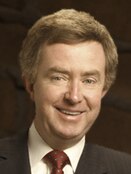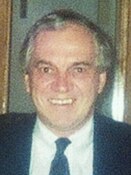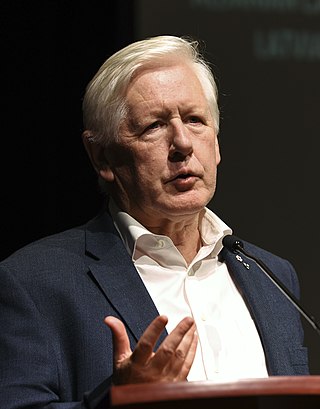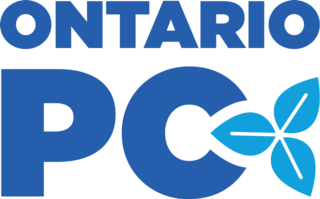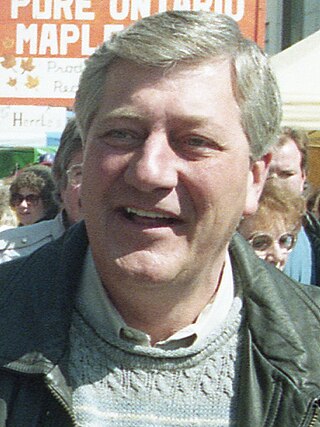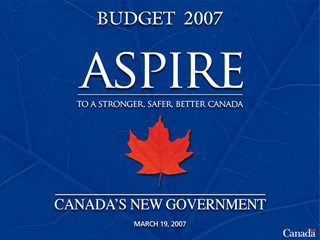| |||||||||||||||||||||||||||||||||||||||||||||||||||||||||||||||||||||||||||||
282 seats in the House of Commons 142 seats needed for a majority | |||||||||||||||||||||||||||||||||||||||||||||||||||||||||||||||||||||||||||||
|---|---|---|---|---|---|---|---|---|---|---|---|---|---|---|---|---|---|---|---|---|---|---|---|---|---|---|---|---|---|---|---|---|---|---|---|---|---|---|---|---|---|---|---|---|---|---|---|---|---|---|---|---|---|---|---|---|---|---|---|---|---|---|---|---|---|---|---|---|---|---|---|---|---|---|---|---|---|
| Turnout | 69.3% [1] ( | ||||||||||||||||||||||||||||||||||||||||||||||||||||||||||||||||||||||||||||
| |||||||||||||||||||||||||||||||||||||||||||||||||||||||||||||||||||||||||||||
| |||||||||||||||||||||||||||||||||||||||||||||||||||||||||||||||||||||||||||||
The 1980 Canadian federal election was held on February 18, 1980, to elect members of the House of Commons of Canada of the 32nd Parliament of Canada. It was called when the minority Progressive Conservative government led by Prime Minister Joe Clark was defeated in the Commons.
Contents
- National results
- Vote and seat summaries
- Results by province and territory
- Notes
- See also
- References
- Further reading
- External links
Clark and his government had been under attack for its perceived inexperience, for example in its handling of its 1979 election campaign commitment to move Canada's embassy in Israel from Tel Aviv to Jerusalem. Clark had maintained uneasy relations with the fourth largest party in the House of Commons, Social Credit. While he needed the conservative-populist Quebec-based party's six votes to get legislation passed, he was unwilling to agree to the conditions they imposed for their support. Clark had managed to recruit one Social Credit MP, Richard Janelle, to join the PC caucus.
Clark's Minister of Finance, John Crosbie, introduced an austere government budget in late 1979 that proposed to increase the excise tax on gasoline by 18¢ per Imperial gallon (about 4¢ a litre) to reduce the federal government's deficit. The New Democratic Party's finance critic, Bob Rae, proposed a subamendment to the budget motion, stating that the House of Commons did not approve of the budget. [2] The five remaining Social Credit MPs abstained, upset that the revenues from the increased gas tax were not allocated to Quebec. In addition, one Tory MP (Alvin Hamilton) was too ill to attend the vote while two others (Flora MacDonald and Lloyd Crouse) were abroad. Meanwhile, the Liberals assembled all but one member of their caucus (Serge Joyal), even going as far as to take two MPs (Maurice Dionne and Claude Lajoie) out of the hospital for the vote. [3] Rae's subamendment was adopted by a vote of 139–133, bringing down the government and forcing a new election.
Former Liberal Prime Minister Pierre Trudeau, who had served since 1968, had announced his resignation as leader of the Liberal Party following its defeat in 1979. However, no leadership convention had been held when the Progressive Conservative government fell. Trudeau quickly rescinded his resignation and led the party to victory, winning 33 more seats than in 1979. That enabled the Liberals to form a majority government.
Clark's Tories campaigned under the slogan, "Real change deserves a fair chance," but the voters were unwilling to give Clark another chance. The loss of the budget vote just seven months into his mandate and his subsequent defeat in the February 18 general election would eventually result in his ouster as leader by Brian Mulroney in 1983.
The Socreds' abstention on the crucial budget vote, even if not decisive (the vote would still have passed by 139–138 had they opposed it), contributed to the growing perception that the party had become irrelevant since the death of iconic leader Réal Caouette in 1976. The party lost more than three-fifths of its vote share, and while four of its incumbents still managed to each post respectable second-place finishes, Liberal challengers defeated all of them. Having lost its presence in the House of Commons for the first time since the 1958 Canadian federal election, Social Credit rapidly declined into obscurity and would never be a serious contender to win seats again, although the party nominally continued to exist until 1993.
The new House was very regionally polarized. While the Liberals were shut out west of Manitoba, they piled up massive majorities in the two most populous provinces to power their victory. The Tories won only one seat out of 75 in Quebec while winning 43 percent of the seats in the 4 Atlantic provinces.

